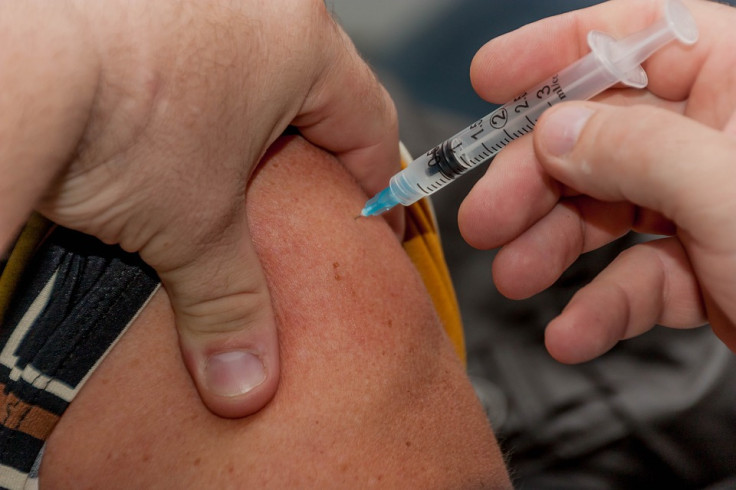CDC says allergic reaction to COVID-19 vaccination "exceedingly rare"
The Centers for Disease Control and Prevention noted that severe allergic reactions from COVID-19 vaccines are at a rate of 11.1 per one million doses.
Those who want to get vaccinated against the novel coronavirus may be afraid of suffering from an allergic reaction. However, the Centers for Disease Control and Prevention (CDC) stated that such cases are "exceedingly rare."
Officials from the CDC reported on Wednesday that anaphylaxis, which refers to a severe and life-threatening immune response that requires emergency medical care, is an exceedingly rare occurrence when it comes to COVID-19 vaccinations. The allergic reactions were observed to occur usually within 15 minutes from vaccination.
The CDC's National Center for Immunization and Respiratory Diseases director, Dr. Nancy Messonnier, said that the average rate of severe allergic reactions after receiving a COVID-19 vaccine is at 11.1 per 1 million doses that were given. The health body has recorded 21 confirmed cases of such kinds of reactions. It also revealed that out of the 20 patients, where they had data, all were able to recover.
Based on the numbers, the CDC report said that the figures that were released were based on the first 1.9 million doses that were given.
Messonnier noted that when compared to the rate of allergic reactions on the flu vaccine, the number of reactions to the COVID-19 vaccine was much higher. With flu, they saw just 1.3 cases of severe allergic reactions for every 1 million administered doses. Most of those who showed reactions mostly had a documented history of allergies, which include allergies to food, medical products, and even insect bites.
The CDC has advised that if someone experiences an allergic reaction in the first dose of the vaccine, then he must not take the second dose. Not only that, those who have known allergies to the components of the vaccine are not recommended to be vaccinated at present time.
The CDC did not specify whether the precaution against allergic reactions is applied only on the Pfizer BioNTech vaccine. Messonnier noted that most of the documentation of CDC on possible allergic reactions were from Pfizer's vaccine considering that at the time of the emergency authorisation from the FDA, it was only Pfizer that had received approval. Moderna's approval came later.
Messonnier highlighted that since they do not have enough data yet to say if there is a difference between the Pfizer and Moderna vaccines, they recommend that the precaution on allergies be applied to both.
© Copyright IBTimes 2025. All rights reserved.






















